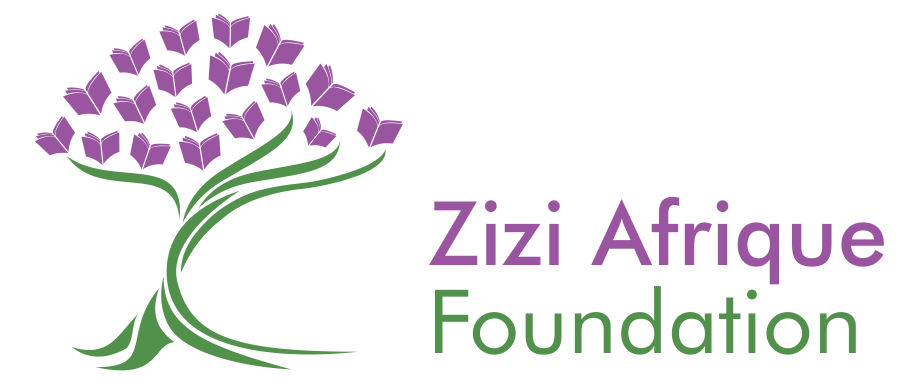We accelerated our journey towards transforming Zizi into a Learning Organization.
In our journey towards becoming a learning organization, Zizi Afrique has embraced a culture of continuous learning and adaptation. Here, we highlight three key learning questions prioritized based on our experiences and progress:
How Can Evidence Generation Drive Informed Decision-Making?
One of our key learnings revolves around the critical role of evidence generation in informing decision-making processes.
Through rigorous research studies and assessments, we have gathered valuable insights into various aspects of education
and youth development. These insights have not only enhanced our understanding of the challenges and opportunities in the
sector but have also empowered us to make informed decisions regarding program design, advocacy efforts, and resource
allocation. For instance, our research on life skills, parental empowerment, and literacy levels has directly influenced the
design and implementation of initiatives such as Napenda Kusoma and ALiVE. By leveraging evidence-based learning products
and dissemination forums, we are effectively communicating our findings to stakeholders, thereby catalyzing positive change
in policy and practice.
What Mechanisms Facilitate Effective Collaboration and Partnerships?
Collaboration lies at the heart of our approach to collective impact in education. Through partnerships with government
agencies, NGOs, academic institutions, and CBOs, we have expanded our reach and impact significantly. Our learnings
emphasize the importance of establishing mutually beneficial partnerships built on trust, shared goals, and effective
communication. Co-creation with government entities has been particularly instrumental in driving policy changes and
scaling interventions. Moreover, our engagement models prioritize community empowerment and accountability, fostering
ownership, and sustainability beyond project lifecycles. By actively identifying and strengthening the capacities of our
partners, we are creating an ecosystem conducive to innovation and collective action
How Can Monitoring, Evaluation, and Learning (MEL) Enhance Program Effectiveness?
The establishment of robust Monitoring, Evaluation, and Learning (MEL) systems has been a cornerstone of our
organizational development. Despite facing challenges in implementation, including reporting delays and staffing transitions,
we have made considerable progress in refining our MEL frameworks and practices. Regular field visits, report writing
workshops, and learning events have facilitated knowledge sharing and capacity building within our teams. Furthermore,
our commitment to conducting mid-term evaluations and engaging in continuous improvement reflects our dedication to
evidence-based decision-making and accountability. Moving forward, we recognize the need to further streamline our MEL
processes and leverage technology for more efficient data collection and analysis.
Conclusion
Our journey towards becoming a learning organization at Zizi Afrique is characterized by a relentless pursuit of knowledge,
collaboration, and innovation. By addressing key learning questions and leveraging our learnings to drive action, we are not
only transforming our practices but also contributing to positive change in the education sector and beyond.
